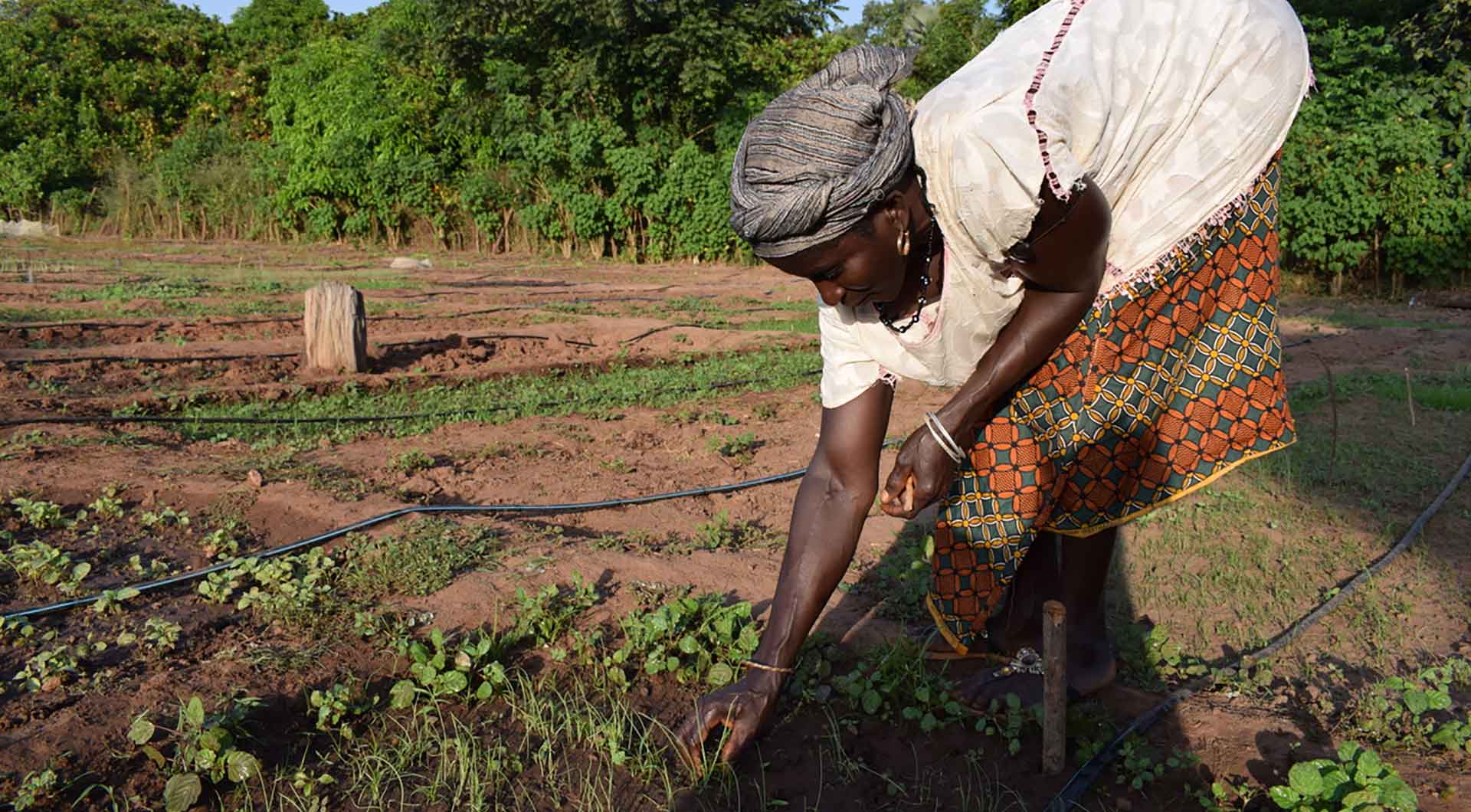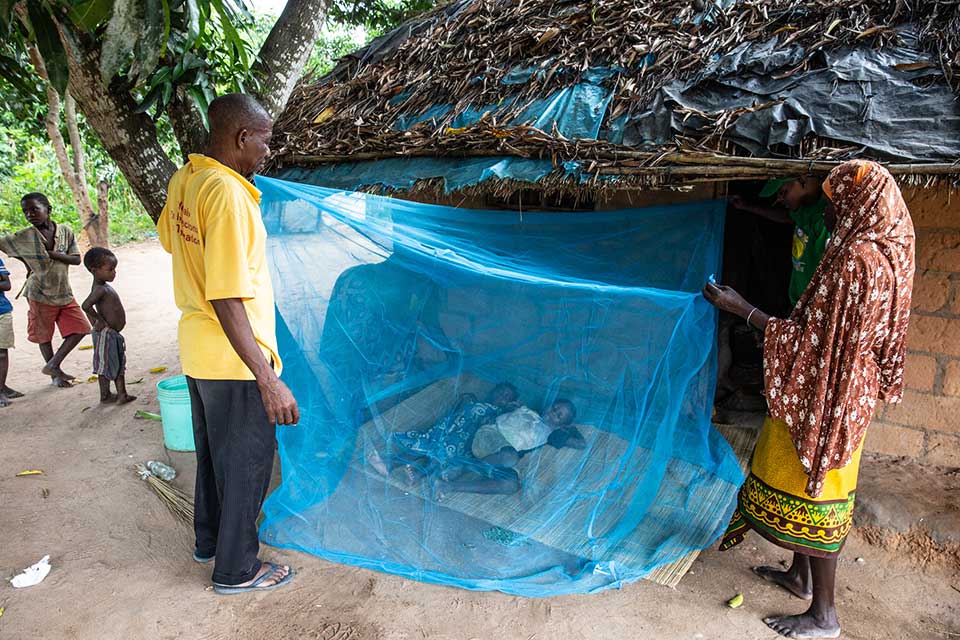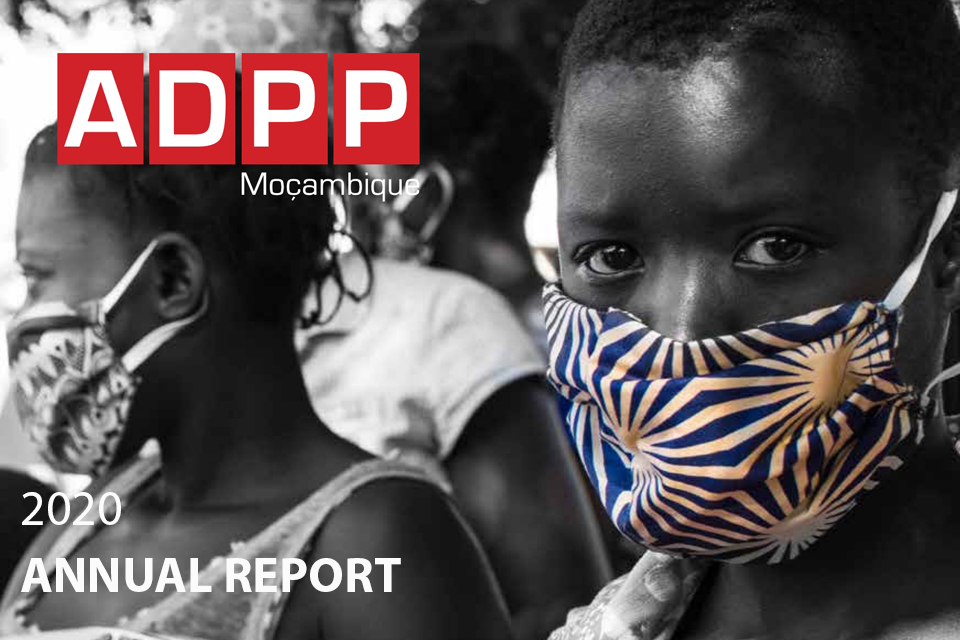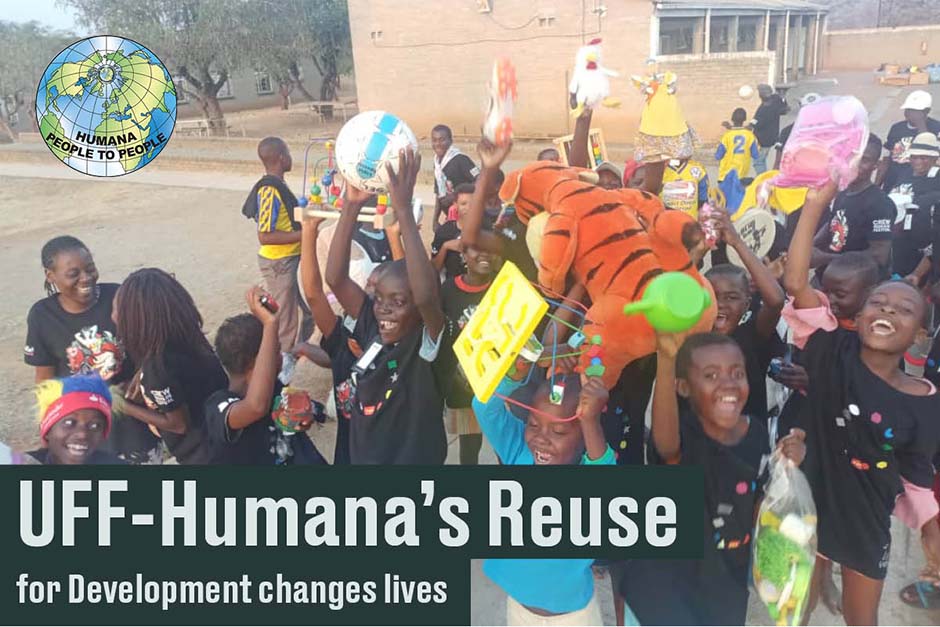
25 April is World Malaria Day. It seeks to draw global attention on malaria and its devastating impact on families, communities and societal development. Our Humana People to People members are fighting malaria and contributing to saving lives in sub-Saharan Africa.

We have a traceable record of combating the spread of major diseases and preventing HIV and AIDS, tuberculosis, malaria and other life-threatening epidemics through community mobilisation. We have made various community actions centred on supporting adoption of better health practices by equipping people with adequate and appropriate knowledge so they can take control of their own health and help save the lives of others.
For 2022 the World Malaria Day 2022 theme is “Harness innovation to reduce the malaria disease burden and save lives”. It aligns with the call to urgently scale up innovation and the deployment of new tools in the fight against malaria, while advocating for equitable access to malaria prevention and treatment, within the context of building health system resilience.
Malaria remains a significant public health and development challenge. According to World Health Organisation (2022), last year, 95% of the estimated 228 million malaria cases occurred in the sub-Saharan Africa, along with 602 020 reported deaths. We have deliberately taken an active role in responding the malaria threat in some of the countries we implement development work.
To combat malaria, Humana People to People developed the Total Control of Malaria programme to respond to the epidemic at community level. In some projects, the approach is built around community-based testing, treating and tracking malaria combined with information and awareness-raising campaigns. These campaigns reduce people’s chances of contracting the disease through the distribution of mosquito nets and education on how to use them, as well as providing education on what to do if they do get the disease.
Our ultimate goal is to reduce the number of people catching and dying from malaria. We have noted the need to work on drug and insecticide resistance as still more relevant. We have observed that malaria affects households and communities, and these communities need to be empowered to play an active role in the fight against this disease. As Humana People to People, we value the essence of malaria community-driven approach, thus we will share what we are currently undertaking in South Africa, Mozambique and Angola through efforts of our members.
In South Africa, Humana People to People South Africa launched the Malaria program in 2017. The project is implemented in the context of the Southern African Malaria Elimination 8 (E8) Initiative, which is a coordinated, multi-country effort to achieve the elimination of malaria in the SADC region. The project targets under-serviced communities including migrants and transient populations in Limpopo, the Lowveld of Mpumalanga province along the borders of Mozambique and Zimbabwe and the far northern parts of KwaZulu-Natal province of South Africa.
People are tested at malaria testing sites set up at border posts, in schools, at community health centres and through door-to-door campaigns. People who test positive for malaria are referred to clinics for treatment.
In Mozambique, ADPP Mozambique has been implementing Malaria prevention Project in 20 districts of Nampula and Niassa provinces since 2018. Health committee volunteers and teachers from the target communities are trained to work in the community and equipped to disseminate information. They work as volunteers and carry out home visits to educate the public about methods for prevention, signs and symptoms of malaria, the effects and consequences of malaria infection and highlighting the importance of seeking early treatment. Over 650,000 people have been reached with malaria awareness campaigns, more than 3.9 million mosquito-nets have been distributed in the past four years.
ADPP Angola’s schools-based and community health initiatives are contributing to the malaria fight. Teachers, pupils and locally recruited community health agents together create an environment of knowledge and practices helping people to take control of their own health against contracting malaria. Close to 9,000 families and 150 schools are actively participating in creating links between sport and the dissemination of malaria awareness messages.


